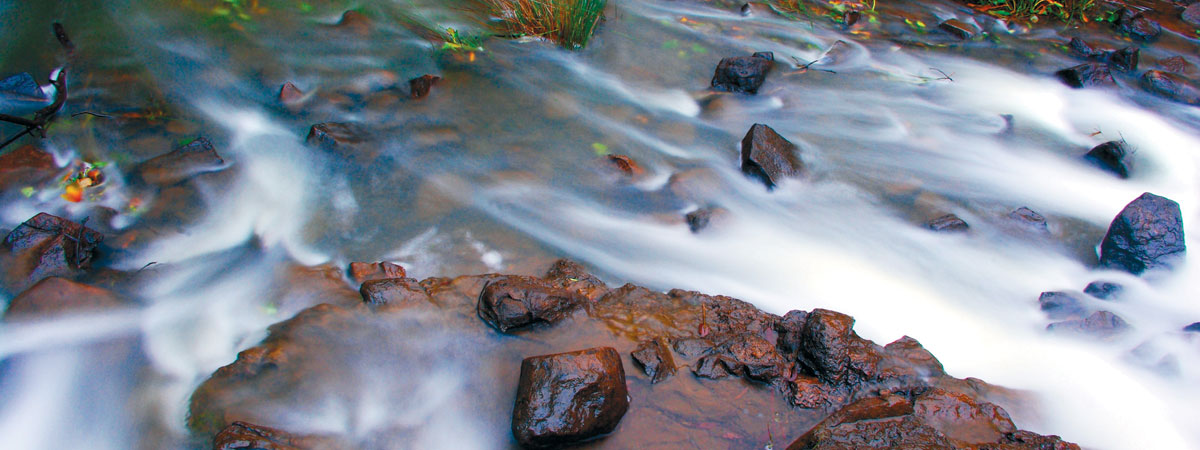In an ideal world alien bio-invaders would not impact our freshwater environments. But in the real world they do, often competing aggressively with and displacing native species, posing a serious threat to the long-term function of freshwater aquatic ecosystems. As a result of human activity, introductions of invasive aquatic weeds threaten environmental, social, and economic resources worldwide and represent a significant management problem to economies and the natural environment. If left unchecked, dense infestations of aquatic weeds cause significant habitat alteration, impact on recreation, cultural values, navigation and hydroelectric generation, and compromise agricultural productivity by impeding water delivery.
In the absence of control of aquatic weeds, these species will have increased impacts on New Zealand aquatic environments and further spread is likely. Prevention and early intervention are recognised as the most cost-effective means to manage invasive species that pose a biosecurity risk.
Effective detection and surveillance strategies are key to achieving eradication, so that control strategies can be enacted.
Current surveillance strategies are partially effective and have paved the way for new options. Diver surveys have been heavily relied upon and are now complemented by surveys carried out with autonomous boats collecting both video and hydroacoustic data. These methods generate hours of video recordings, and whilst these capture a picture of part of a lake or river at a particular time, it still leaves us with a practical problem.

